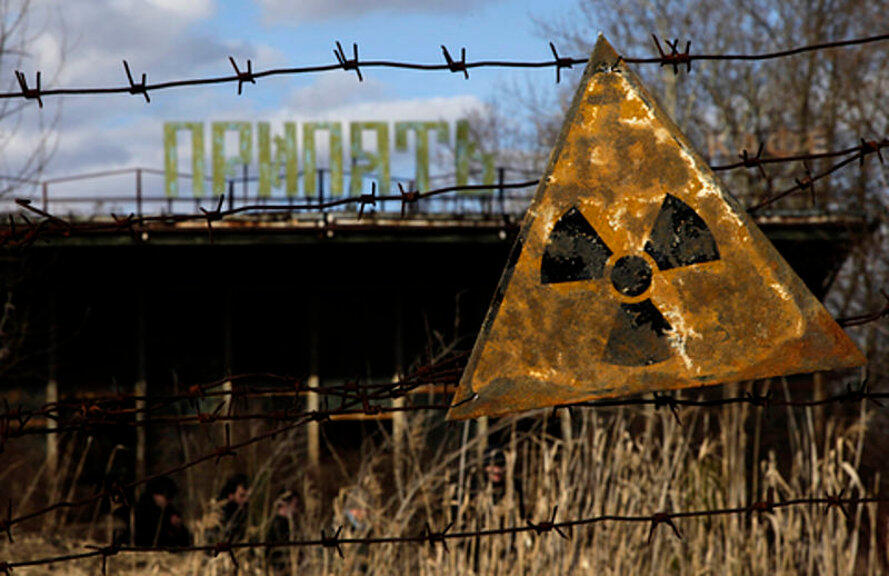Who couldn’t associate “Chernobyl” with danger?… Chernobyl is a nuclear disaster that occurred on 26 April 1986 at the Chernobyl Nuclear Power Plant in the city of Pripyat, then located in the Ukrainian Soviet Socialist Republic of the Soviet Union (USSR). An explosion and fire released large quantities of radioactive particles into the atmosphere, which spread over much of the western USSR and Europe.
The worst nuclear power plant accident in history, which left long-term effects such as cancers, and birth defects, could now be turned into a solar station. 4,000 megawatts of solar generation would be located there, which is the same amount that the nuclear units there had once produced.
The transmission infrastructure is still in place in this “dangerous” site, and the Ukrainian government will establish a solar station in the 1,600 square mile of land.
“We already have high-voltage transmission lines that were previously used for the nuclear stations, the land is very cheap and we have many people trained to work at power plants,” Ukraine’s environment minister told the Independent. “We have normal European priorities, which means having the best standards with the environment and clean energy ambitions.”
Moreover, “The Russians, meanwhile, have a turn-key approach based on new technologies,” says Tom Drolet, a nuclear energy expert in Florida, in an interview. The country thus plans to grow its nuclear fleet as well as market its modern technologies.
To reach its new dream of more solar power, Russia’s southern neighbor, Ukraine, wants to attract $1.1 billion. Is this something investors would be interested in?
“The Chernobyl site has really good potential for renewable energy,” Ukraine’s environment minister Ostap Semerak, 44, told Bloomberg, adding “We already have high-voltage transmission lines that were previously used for the nuclear stations, the land is very cheap and we have many people trained to work at power plants.”
Facebook: greenarea.info











